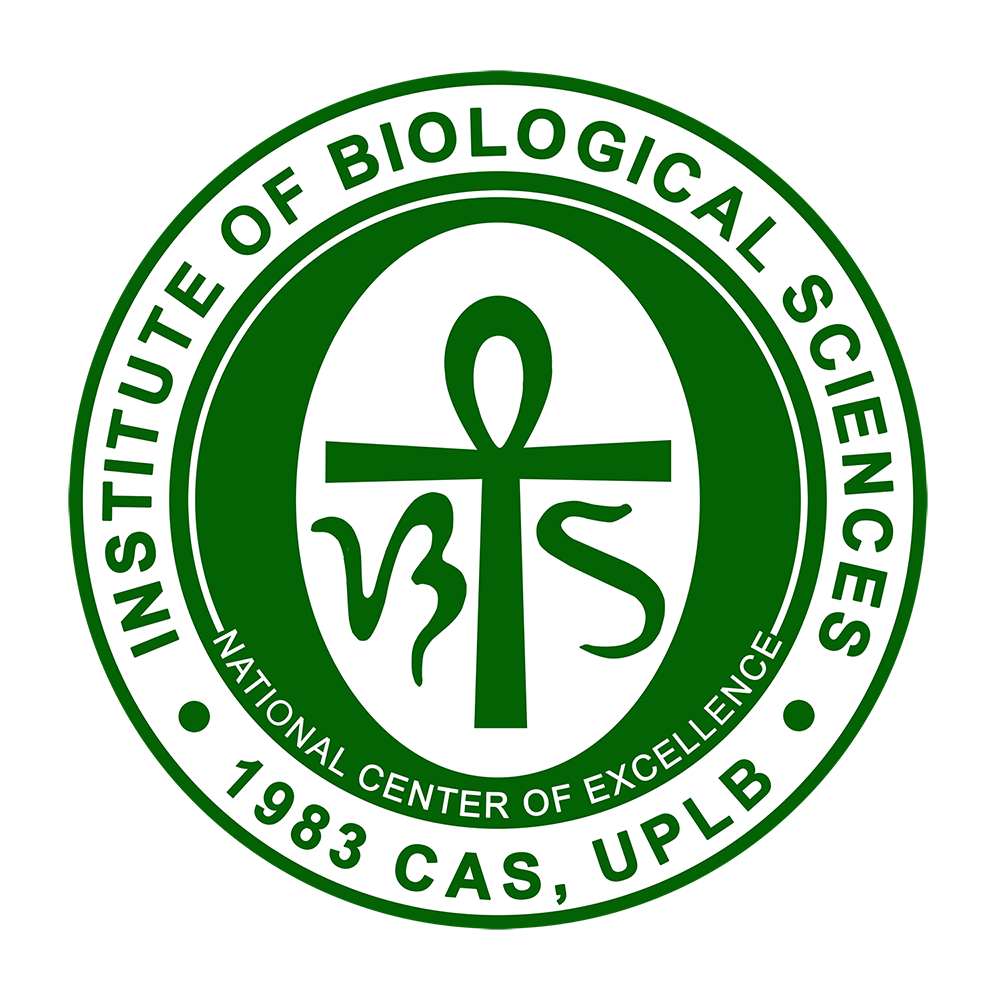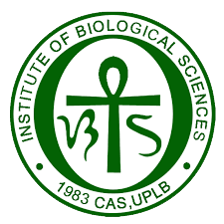Organizational Set-up
The Institute of Biological Sciences (IBS) is managed by a Director with the help of a Deputy Director. To keep up its thrusts, IBS is organized into five (5) highly specialized teaching and research divisions with respective heads, who are voted annually. These divisions are complemented by the facilities and support staff of the Limnological Station (located at Mayondon, Los Banos, Laguna), the UPLB Museum of Natural History (located at the College of Forestry), U.P. Open University, BIOTECH, NCPC, IPB and IRRI.
Divisions
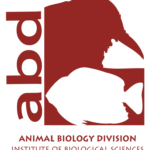
ABD is a consolidation of the staff and facilities of the former Aquatic and Invertebrate Zoology Laboratory and the Wildlife Biology Laboratory pursuant to the re-organization of the Institute of Biological Sciences in July 1995. The ABD administers research and extension programs of the UPLB Limnological Station under the supervision of its own Station Manager.
ABD programs include academic, research, and extension activities geared towards significant contributions supporting national goals and interests. Through the undergraduate and graduate programs in Zoology and Wildlife Biology, as well as general education and specialized zoology courses taken by non-zoology majors, the Division contributes manpower development in science and technology.
Research activities focus on ecological studies of aquatic and terrestrial ecosystems, with emphasis on ecological monitoring and evaluation of freshwater bodies and wildlife conservation. Other research concerns of the faculty include biomedicine, silkworm breeding, development of biomonitors of pollution, ornamental fish culture (implemented through the UPLB Limnological Station), animal parasitology, plankton ecology, coral reef ecology and marine protected areas. Extension activities of the staff include acting as resource persons in freshwater, marine and wildlife conservation, control of golden apple snail, biology and control of rodent pests, and also as contributors to the distance education program in Biology of the UP Open University.
Contact details:
Institute of Biological Sciences
College of Arts and Sciences
L.B. Uichanco Wing
Phone: +63 49 536 2843
E-mail: abd.ibs.uplb@up.edu.ph or abd.ibs.cas@gmail.com
You may visit the ABD website at https://abd.ibs.uplb.edu.ph/
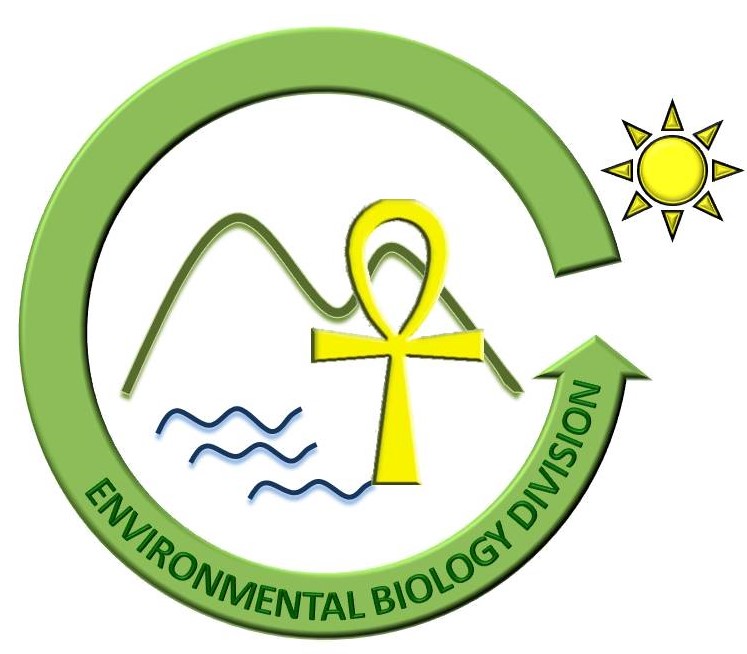
EBD originated from the Ecology and Palynology Laboratory (1983-1985) which was headed by Dr. Percy E. Sajise. It was later on renamed as the Ecology Laboratory (1985-1995) actively conducting basic and applied ecological researches on lake and forest ecosystems. During this period, the Laboratory was headed by Dr. Benjamin C. Legaspi, Jr. (1985-1991), Dr. Macrina T. Zafaralla (1991-1992), Dr. Pacifico C. Payawal (1992-1994), and Dr. Zenaida N. Sierra (1994-2003). During Dr. Sierra’s term as Laboratory Head (1995), IBS was reorganized into five Divisions and the Ecology Laboratory became the Environmental Biology Division.
EBD originated from the Ecology and Palynology Laboratory (1983-1985) which was headed by Dr. Percy E. Sajise. It was later on renamed as the Ecology Laboratory (1985-1995) actively conducting basic and applied ecological researches on lake and forest ecosystems. During this period, the Laboratory was headed by Dr. Benjamin C. Legaspi, Jr. (1985-1991), Dr. Macrina T. Zafaralla (1991-1992), Dr. Pacifico C. Payawal (1992-1994), and Dr. Zenaida N. Sierra (1994-2003). During Dr. Sierra’s term as Laboratory Head (1995), IBS was reorganized into five Divisions and the Ecology Laboratory became the Environmental Biology Division.
Current research activities of EBD Faculty are on Plant Ecology, Insect Ecology, Aquatic Ecology (freshwater and marine), Applied Microbial Ecology, Ecoinformatics, and Pollination Biology. New fields of study being developed are Cave Ecology, Conservation Biology, and Restoration Ecology. As a Division, EBD aims to achieve excellence in teaching, research, and extension in Ecology and Environmental Biology with relevance to present-day needs for national development, productive ecosystems, and improvement of human conditions.
Contact details:
3/F Room 303 Institute of Biological Sciences
College of Arts and Sciences
R.B. Espino Wing
ebd.ibs.uplb@up.edu.ph
You may visit the EBD website at http://bit.ly/ebd-ibs
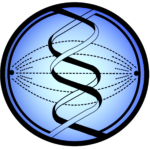
The GMBD started as the Genetics Laboratory under the Department of Life Sciences of the College of Basic Sciences and Humanities in 1973. Former heads of the Genetics Laboratory include Dr. Liwayway M. Engle, Dr. Rita P. Laude and Prof. Presidena B. Borja. A Presidential decree in 1983 ordered the establishment of the National Centers of Excellence in the sciences including the Institute of Biological Sciences (IBS).
In July 1995, the IBS was reorganized into five divisions and Dr. Merlyn S. Mendioro became the first head of the now Genetics and Molecular Biology Division. The late Dr. Adelina A. Barrion and Prof. Celia B. Dela Vina had served as heads of the division as well.
Undergraduate and graduate students with Special Problem and Thesis options can be involved in several researches undertaken by the faculty. Currently, several faculty members are involved in the cytogenetics of orchids and fish, and molecular studies in coconut, abaca, banana, swine, fish, and bees. Students can also conduct their theses at the International Rice Research Institute (IRRI), Institute of Molecular Biology and Biotechnology (BIOTECH), and Philippine Rice Research Institute (PhilRice).
Contact details:
Institute of Biological Sciences
College of Arts and Sciences
R.B. Espino Wing, L.B. Uichanco Hall
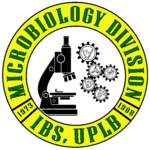
The MCBD originated from the Microbiology Section of the Department of Life Sciences when the College of Arts and Sciences was created in 1973. It became a part of the Institute of Biological Sciences in 1984. It started with 1 senior staff (Prof. William L. Fernandez) and 2 instructors (Dr. Asuncion K. Raymundo, and Dr. Ida F. Dalmacia).
The objective of MCBD is “to achieve excellence in microbiology teaching, research and in areas of public service extension appropriate to a basic science institution”. National issues, drives for academic excellence, problem of language and enrollment plan are also frameworks of formulating our goals and thrusts. The laboratory also strongly supports the thrusts of IBS for the year 1990-2000, namely Biomedical Science, Cell and Molecular Biology and Environmental Biology.
The MCBD offers Microbiology as a major area for the BS Biology undergraduate curriculum. While the MS Microbiology started in the Department of Plant Pathology, UPLB and was carried on by the MCB Division to date. The PhD Microbiology program was instituted in 1982 and is being implemented thru the coordinated efforts of the graduate faculty of MCBD, IBS and other institutes of UPLB involved in microbiology. The number of BS Biology students desiring to major in microbiology remains high. The number of graduate students increased with the availability of ESEP and PCASTRD scholarships. Validation of courses can now be implemented to fulfill prerequisite courses, since the latter has posed an obstacle for BS graduates from other universities to pursue our graduate programs.
The research activities of MCBD are focused on basic and industrial microorganisms while projects funded by other agencies are the concern of the others. Both classical techniques and modern molecular biology techniques are used in the various researches.
Contact details:
Institute of Biological Sciences
College of Arts and Sciences
R.B. Espino Wing, L.B. Uichanco Hall
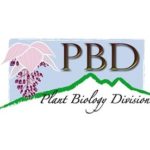
In 1910, the Department of Agricultural Botany was established as one of the pioneer academic units of the College of Agriculture in a then newly sprouting University of the Philippines at Los Banos. This Agricultural Botany Department flourished under the aegis of the College of Agriculture up to the time when a new college devoted to pure sciences, arts and humanities was created in 1976 under the name of College of Sciences and Humanities (CSH). At this time, the adjective “agricultural” was removed to give way to a new title of Department of Botany. This resilient department, together with the Departments of Zoology and Life Sciences then became the nucleus of the now Institute of Biological Sciences (IBS). Through the succeeding years, the different units of IBS have been segregated to form additional laboratories and the Department of Botany was no exception. It evolved to become the EthnoMorphoSystematics and Plant Physiology Laboratories that lasted up to the mid-90’s when the laboratories were finally merged into what is now known as the Plant Biology Division.
Contact details:
Institute of Biological Sciences
College of Arts and Sciences
R.B. Espino Wing, L.B. Uichanco Hall
You may visit the PBD website at https://sites.google.com/site/plantbiouplb/home
